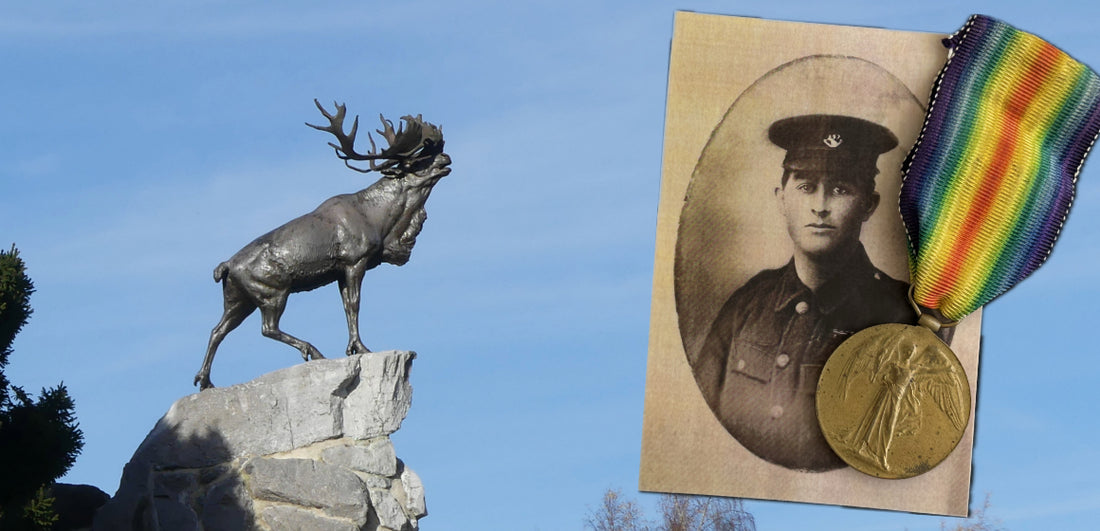Newfoundland's involvement in the Battle of Beaumont Hamel during the First World War is a poignant chapter in the Canadian province's history. On July 1, 1916, the Newfoundland Regiment, comprised of volunteers, faced a catastrophic assault as part of the larger Battle of the Somme. Advancing across open ground, they encountered devastating machine gun fire from multiple well-entrenched German positions. The result was devastating to the regiment as well as the province itself: within minutes, the regiment suffered staggering casualties, with nearly the entire first wave either killed or wounded. Of the 780 men who went forward only about 110 survived unscathed, of whom only 68 were available for roll call the following day. This single day marked one of the darkest moments in Newfoundland's history, with the loss of so many brave soldiers deeply impacting the island's small population. The sacrifice and courage displayed by the Newfoundlanders at Beaumont-Hamel are remembered and honored to this day, serving as a testament to their bravery and the heavy toll of war.
Private David Brent served with the Newfoundland Regiment at the age of 23 during the First World War. He was killed on the first of July, 1916 during the advance of Beaumont Hamel, the first day of the Battle of the Somme.
Prior to the war, he worked as a lumberman in Botwood, Newfoundland. He enlisted on August 27, 1915, and embarked for Southampton on June 14, 1916, with the Newfoundland Regiment.
Brent was reported ‘missing’ prior to being reported ‘killed in action' early July 1916. His relatives were informed that he was missing on July 31st via telegraph, and later that he was reported killed as of October 7, 1916.
During the First War, the Newfoundland regiment was the only North American unit to fight in the Gallipoli campaign in 1915. On July 1, 1916, the regiment was nearly wiped out at Beaumont Hamel, on the first day of the Battle of the Somme. Hundreds of soldiers were killed or wounded within 45 minutes. It was one of the deadliest days of the First War, as a total of 19,240 British and Commonwealth soldiers lost their lives, and over 38,000 were wounded. Approximately 8000 German soldiers suffered casualties.
The regiment was later rebuilt and continued to serve throughout France and Belgium. In December 1917, King George V bestowed the regiment with the right to use the prefix “Royal” before its name. It was the only military unit to receive this honour during the war. When the armistice was signed in 1918, 6,241 men had served in the Royal Newfoundland Regiment. Of those, 1,304 were killed.
Private David Brent is commemorated at the Beaumont-Hamel (Newfoundland) Memorial, Somme, France. Tribute is paid to the soldiers at Beaumont Hamel Memorial Park, by way of a large bronze caribou statue, the emblem of the Royal Newfoundland Regiment, overlooking St John’s Road. The statue’s base has three bronze tablets which carry the names of the over 800 members of the Royal Newfoundland Regiment, the Newfoundland Royal Naval Reserve, and the Mercantile Marine, who gave their lives in the First World War and have no known grave. Private Brent is among them.
The Victory Medal of Pte Brent, Royal Newfoundland Regiment is currently in auction, ending on April 25, 2024 at 4:02pm EST.
View the lot here: https://www.emedals.com/products/canada-dominion-a-victory-medal-to-pte-brent-royal-newfoundland-regiment-killed-at-beaumont-hamel-1916-gb8072?variant=48163890725141


